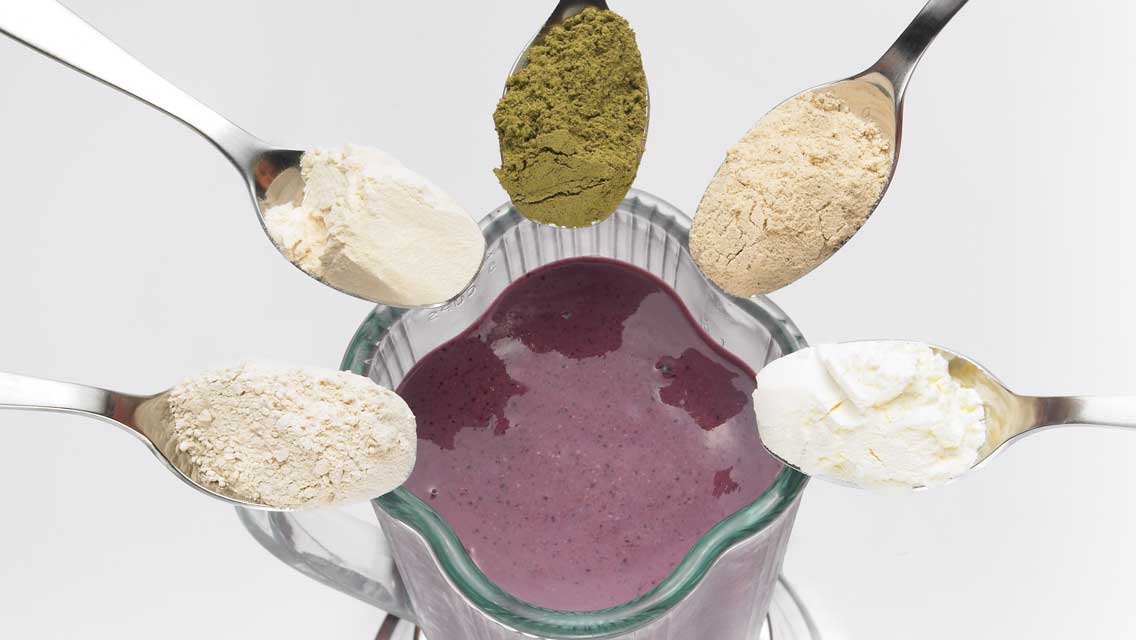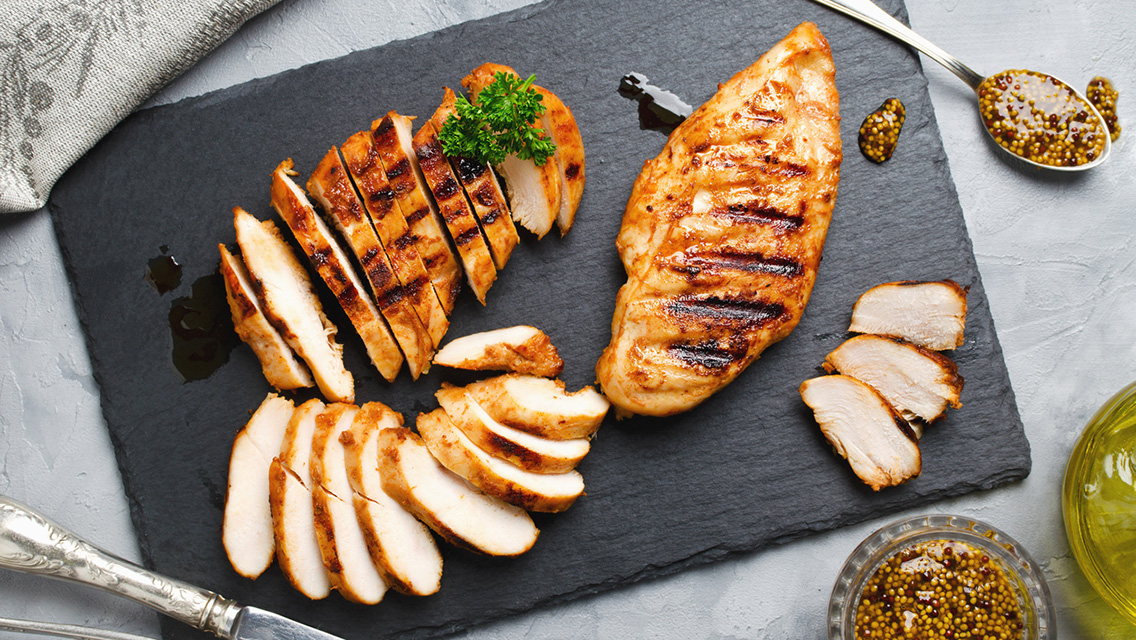Plant-based protein powders are a great alternative to animal-based powders, which are often made from milk compounds. This is good news for people with food sensitivities, such as lactose intolerance, and for those who eschew animal products but don’t want to give up the muscle-building and recovery benefits these powders offer.
For some vegetarians — and vegans, in particular — plant-based protein powders could prove especially beneficial. “I’d argue that rice- or pea-protein powders are often the only way many of these people can get adequate protein to support an active lifestyle,” says Paul Kriegler, RD, program development manager at Life Time in Chanhassen, Minn.
Standard protein powder is a go-to recovery option for exercisers of all levels. But it isn’t for everyone. Many people with food sensitivities can’t tolerate certain components — namely, whey protein, casein protein, and lactose.
If you’re interested in trying a plant-based alternative, look for one that blends a few different types of plant protein, since this will achieve an amino-acid profile similar to whey protein, including the three branched-chain amino acids, or BCAAs (leucine, isoleucine, and valine), which support muscle health and recovery. (For more on BCAAs, check out “Expert Answers: How BCAAs Boost Health“.)
Soy is a common choice because it’s a complete protein, meaning it contains an adequate amount of the nine essential amino acids. It is, however, a common allergen. Other plant-based alternatives include hemp, chlorella, and chia protein, which are incomplete proteins on their own.
The best option, Kriegler says, is a mixture of pea and rice proteins, because it offers a flavor, texture, and amino-acid makeup most similar to whey.




This Post Has 0 Comments